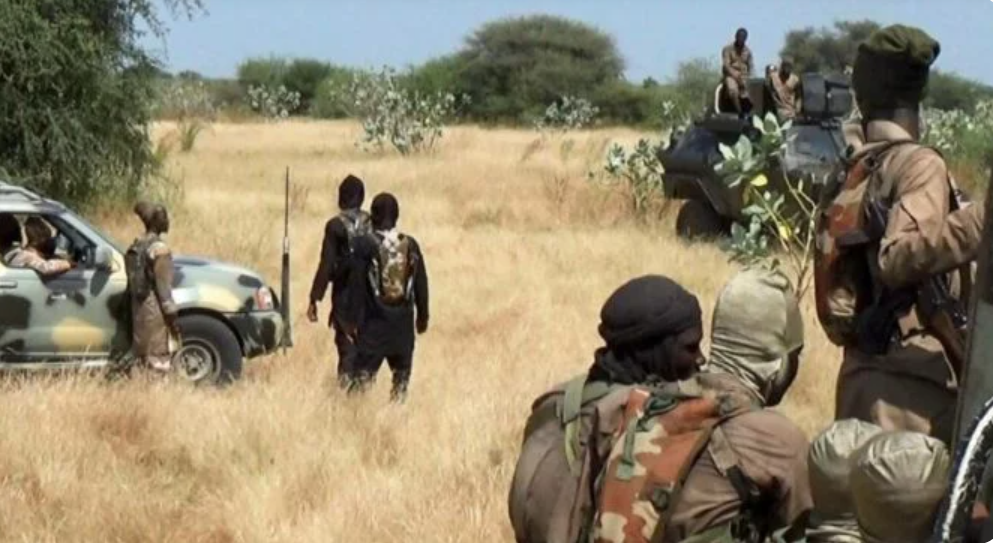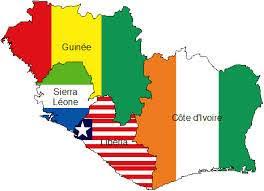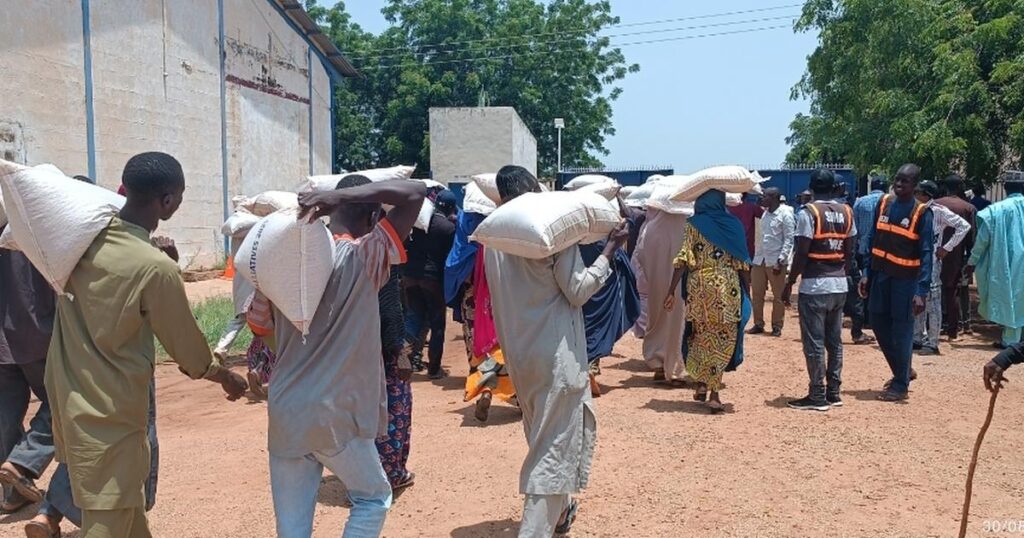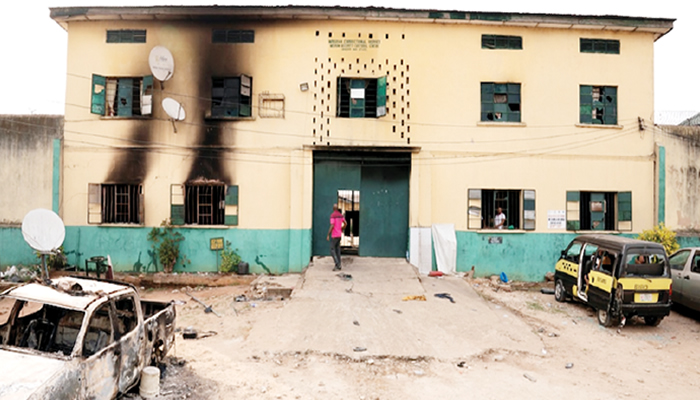Armed conflicts have become the norm in many of Nigeria’s ungoverned spaces. Ungoverned spaces in Nigeria often refer to locations unreached by the government, hence becoming vulnerable to non-state armed groups (NSAGs). Some experts claim the spread of terror across Nigeria results from limited governance structures in rural locations. In Nigeria, ungoverned spaces and porous borders create havens for marauding non-state armed groups. While the Nigerian government strive to contain security threats, they tend to spread in scale and frequency, intensifying security needs across the nation.
Ungoverned spaces create largely unfettered opportunities for NSAGs to market themselves and undermine government authority. For instance, in 2021, some communities in Niger state negotiated peace deals with insurgents by offering them motorcycles and cash gifts in return for safety. In other cases, terrorists provide makeshift governance frameworks in some communities, imposing taxes and levies and ensuring fragile peace. The unaddressed nature of Nigeria’s ungoverned spaces is a breeding ground for underdevelopment and the spread of non-state armed actors. It also engenders a disconnect between residents in the ungoverned spaces and the government. Due to ungoverned spaces, government’s authority is weakened by the rise and dominance of non-state armed groups who provide an agenda-driven ideology that is often at variance with that of the Nigerian state. The northeast insurgency and banditry in the northwest and northcentral zones are clear cases.
Invariably, Nigeria’s ungoverned spaces can also stem from an uptick in armed conflict and government’s inability to manage violence triggers proactively. For example, the Niger Delta region was arguably a governed space until the exponential rise in violent militancy turned the region into a conflict theatre, reducing semblances of governance structures until an amnesty was extended to agitating militants in 2009. Currently, in southeast Nigeria, the activities of the Indigenous People of Biafra (IPOB) and unknown gunmen (UGM) are pushing many locations in the region into an ungoverned status. While formal and informal security arrangements strive to maintain stability in the region, many locations remain vulnerable to criminal gangs. Mondays are still observed as sit-at-home days in the southeast despite government encouraging people to go about their normal activities. Many residents are sympathetic to IPOB’s cause, afraid of disobeying their orders or do not trust security agencies to protect them on Mondays. Hence, the stay-at-orders meet widespread compliance on designated days.
Addressing Nigeria’s ungoverned spaces or preventing its spread must begin with proactive steps. Revitalising the local government administration as an autonomous tier of government is necessary for re-establishing government presence in ungoverned spaces. Unfortunately, many state governors in Nigeria have opted for transition committee chairpersons. Others conduct local government elections, reportedly marred by pre-selection and rigging. These practices are unsustainable and unhealthy for grassroots development and the building of the local economy. Ensuring the existence of local government authority as it has been conceptualised and constitutionalised will ensure a systematic process of grassroots governance, mobilisation and public accountability. It will also form the building blocks for political participation, citizen engagement and engendering public confidence in the government. Nigeria must treat the local government authority as an autonomous third tier of government rather than a political opportunity for state governments to practice their whims and caprices.
Focusing on traditional institutions in Nigeria will help revive local governance. Many Nigerian communities have traditional institutions that predate the Nigerian state. Therefore, it is necessary to identify and support such local structures and key into their local acceptance. International development actors are already identifying and supporting local actors as part of their conflict resolution and peacebuilding efforts in troubled communities in Nigeria. The Nigerian government should key into this initiative to support traditional institutions as the unofficial fourth tier of government. This will ensure a bottom-up approach to re-establishing government’s local presence and acceptance across the board. Technical and material support provided to traditional institutions will impact kinetic and non-kinetic interventions in conflict-impacted communities. As local stakeholders and potential change agents, traditional leaders will help to broker public trust and state-society security collaborations necessary for sustainable peace and stability.
Managing Nigeria’s porous borders will also help to govern ungoverned spaces and monitor cross-border movements effectively. Illegal borders undermine a nation’s effort to properly securitise its territory and regulate the flow of people, goods and services. Nigeria and some of her West African neighbours suffer from the porosity of their borders. For four decades after ratifying the Protocol on Free Movement for the Economic Community of West African States (ECOWAS) and related Protocol on transhumance, it has contributed to the indirect promotion of non-state violence, according to a Nextier SPD publication. The Nigerian government must lead the call for a regional partnership for border security. The regional collaboration must prioritise efforts to close and monitor illegal entry points. Managing Nigeria’s ungoverned spaces require a holistic, bottom-up approach to provide governance frameworks in the affected locations.



